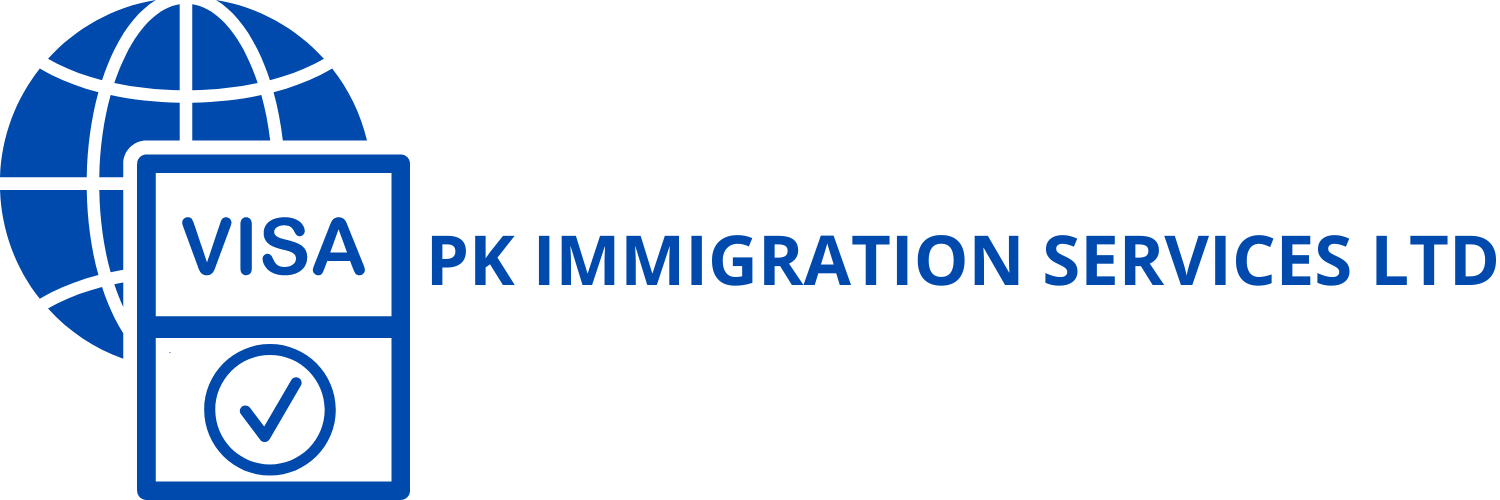EU Settlement Scheme
THE EU SETTLEMENT SCHEME
The EU Settlement Scheme allows EU, EEA or Swiss citizens and their qualifying family members to continue living in the UK after Brexit.
The deadline for applying to the EU Settlement Scheme was 30 June 2021. However, you may still be able to make a late application for this scheme if you meet one of the criteria or have ‘reasonable grounds’ for not applying by 30 June 2021.
You may also apply if you have pre-settled status or are applying for settled status.
PRE-SETTLED STATUS
Pre-settled applies to EU, EEA or Swiss citizens and their non-European family members who have never lived in the UK for a continuous 5-year period. Your pre-settled status will be granted for five years, after which you must apply for Settled Status or, if you are not eligible, switch to another immigration category.
SETTLED STATUS
You can switch to settled status as soon as you have had five years’ continuous residence, or earlier in some cases. The five years are calculated from the date you started continuous residence, not when you gained pre-settled status.
If you or your non-European family member already have a pre-settled status, you must apply for settled status before your pre-settled status expires. The settled status allows you to stay in the UK indefinitely with no immigration restrictions. After 12 months on a settled status, you may be able to apply for British citizenship.
You do not need to apply to the EU Settlement Scheme if one of the following applies to you:
• You have an indefinite leave to enter or remain in the UK
• You are an Irish citizen or hold British and Irish dual citizenship
• You have a Frontier Worker permit, or you are eligible for one, as long as you continue living outside the UK while working here
CRITERIA FOR LATER DEADLINES AND ‘REASONABLE GROUNDS’
The deadline of 30 June 2021 does not apply to you if you are:
• The family member of someone from the EU, Switzerland, Norway, Iceland or Liechtenstein who was living here by 31 December 2020, and you join them in the UK on or after 1 April 2021;
• Applying for your child, who was born or adopted in the UK on or after 1 April 2021;
• The family member of an eligible person from Northern Ireland who could not move back to the UK by 31 December 2020 without you – you must be from outside the EU, Switzerland, Norway, Iceland or Liechtenstein;
• Exempt from immigration control, or you stopped being exempt from immigration control after 30 June 2021;
• Here with limited leave to enter or remain in the UK (for example, if you’re here on a work or study visa), which expires after 30 June 2021;
• A family member of a British citizen who you lived with in the EU, Switzerland, Norway, Iceland or Liechtenstein – you must have lived with them in that country by 30 December 2020 and returned to the UK with them.
There are different deadlines applied to each of the above categories.
If you do not satisfy one of the above criteria, you may still apply under the EU Settlement Scheme if you can show that you had ‘reasonable grounds’ for not applying by the deadline. You may have ‘reasonable grounds’ if:
• You are a child and did not know you needed to apply;
• You have been a victim of modern slavery;
• Coronavirus (COVID-19) restrictions made it difficult to access application support.
The above list is not exhaustive, and you may be able to apply under different grounds from the Home Office’s list.
You will need to evidence the reasons why you missed the deadline.
EU SETTLEMENT SCHEME REQUIREMENTS
To apply under the EU Settlement Scheme, you must satisfy the following:
• You are from the EU, Switzerland, Norway, Iceland or Liechtenstein (EEA countries), and you started living in the UK by 31 December 2020;
• You are the family member of someone from the EU, Switzerland or an EEA country who started living in the UK by 31 December 2020;
• You had a family member from the EU, Switzerland or an EEA country who started living in the UK by 31 December 2020 (but you have separated, they have died, or the family relationship has broken down);
• You are the family member of a British citizen who you lived with in the EU, Switzerland or an EEA country – you must have lived with them in that country by 31 December 2020 and returned to the UK with them before you apply;
• You are the family member of a British citizen who also is a citizen of an EU, Switzerland or an EEA country, and they lived in the UK as a citizen of one of these countries before getting British citizenship;
• You have a family member who is an eligible person from Northern Ireland;
• You are the child of someone from the EU, Switzerland or an EEA country who used to live and work in the UK – you must be in education in the UK;
• You are the family member of a person who is exempt from immigration control;
• You are the family member of a ‘frontier worker’.
If you are the primary carer of your child, you may also apply if your child is:
• A British citizen;
• A child of someone from the EU, Switzerland or an EEA country who used to live and work in the UK (the child must be in education in the UK);
• A self-sufficient child from the EU, Switzerland or an EEA country.
CONDITIONS OF YOUR EU SETTLEMENT SCHEME STATUS
Your status under the EU Settlement Scheme proves your rights in the UK only.
You will be permitted to do the following activities if you are granted Settled or Pre-settled status:
• Work in the UK
• Study in the UK
• Use NHS services for free
• Claim public funds
If you are granted Settled status, you may spend up to 5 years in a row outside the UK, the Channel or the Isle of Man without losing your status. If you are granted Pre-settled status, you can spend up to 2 years in a row outside the UK, the Channel Islands or the Isle of Man without losing your status. You will need to maintain your continuous residence to qualify for settled status.
If you or your family members are Swiss citizens, you can spend up to 4 years in a row outside the UK, the Channel Islands or the Isle of Man without losing your settled status. Your family members do not have to be Swiss citizens.


